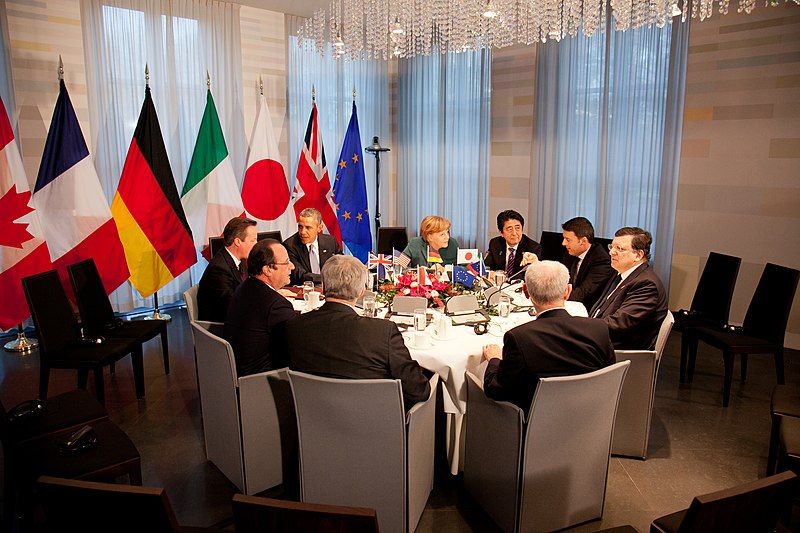
On Sunday, the climate ministers of the Group of Seven (G7) agreed to hasten their phase-out of fossil fuels, a significant move towards achieving a global deal for all
countries to do the same. The commitment was welcomed, but some are criticising the G7 for not matching their pledge with concrete action. This marks the first time that G7 countries have agreed to accelerate the phase-out of unabated fossil fuels to achieve net zero in energy systems by 2050 at the latest. However, a firm date for this phase-out has not yet been set. French Energy Transition Minister Agnès Pannier-Runacher deemed it an important step forward after the failure of COP27 last year. At COP27, countries failed to agree on a deal on phasing down fossil fuel energy. The US and oil and gas-rich nations opposed a proposal by India to do this, which won support from over 80 governments. The European Union and others hope to revive the idea before the United Nations climate summit, beginning on November 30 in Dubai.
While not legally binding, a global deal to gradually quit fossil fuels would establish a powerful “north star” to guide future climate negotiations, government policies, and investments towards clean energy and industries.
However, significant hurdles remain in clinching the pledge. It took over two decades of UN climate negotiations before countries even mentioned fossil fuels in a summit statement in 2021 amid pushback from fossil fuel-producing countries and industries. Additionally, insufficient financial support from wealthy countries to help developing ones switch to clean energy could weaken the G7’s leverage in bringing other nations on board with a commitment to eventually quit oil and gas.
Wealthy countries have not met their promise to deliver $100bn per year, starting in 2020, to help poorer nations cut emissions and cope with climate change. That amount falls far short of their actual needs but has become symbolic of wealthy countries’ failure to deliver promised climate funds. Alden Meyer, senior associate at climate think tank E3G, warned of these significant hurdles but stated that a G7 leaders’ meeting next month could offer an opportunity to back up their call for a fossil fuel phase-out with strong commitments to financially help developing nations to transition.
Gillian Nelson, policy director at the non-profit We Mean Business Coalition, echoed the need to back the fossil fuel phase-out pledge with cash, stating that G7 governments spent roughly $33bn a year on fossil fuel subsidies that could be redirected to help unleash private cash for clean energy. Photo by Rijksvoorlichtingsdienst, Wikimedia commons.







































